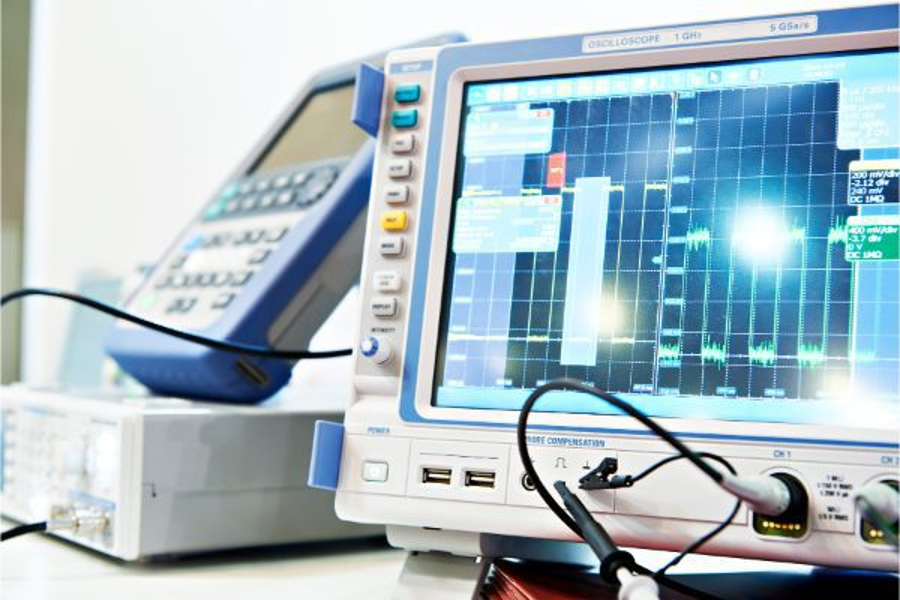Many doctors trust a database known as MAUDE (Manufacturer and User Facility Device Experience) to help them identify defects, malfunctions, and other issues that have the potential to harm patients. MAUDE stores medical device reports that mandatory reporters, such as healthcare professionals and patients, submit to the Food and Drug Administration (FDA).
Doctors and patients alike have made disturbing discoveries in the last 24 months. Since 2016, at least 1.1 million incidents of medical device failures have been stored and concealed in a hidden adjunct database. The effect of this coverup is substantial. Any doctor using MAUDE to conduct a search of a medical device could find next to nothing and be falsely reassured about its safety when, in fact, the hidden database contained hundreds, even thousands, of negative reports about the same device.
One way that the FDA grossly affected the transparency of the safety records of medical devices was to grant device makers “litigation complaint summary reporting” exemptions, which allowed device makers to file a single placeholder injury report. These exemptions allowed device manufacturers to forego having reports stored for public access in MAUDE. While in substance, this report can contain up to 1,175 reports of patient injuries in lawsuits, upon review, the report appears as one single injury!
These exemptions made it quite simple for defective medical device makers to avoid transparency, creating a significant level of danger for patients and doctors. The hidden database contains reports of serious injuries and malfunctions from over 100 medical devices regularly used in surgeries or implanted into patients throughout the United States.
Device manufacturer Medtronic, owner of Covidien, the reputed market leader in surgical staplers, has used reporting exemptions to file stapler-related reports through July 2017. In 2016, 84 stapler injuries or malfunctions were openly submitted, while nearly 10,000 malfunction reports were included in the hidden database, according to the FDA.
As a result, doctors continued to use problematic, faulty medical devices without having knowledge of previous malfunctions or defects. This is a frightening notion when you consider the increased risk of danger to patients on a nationwide scale. Tragically, while issues with defective medical devices were being hidden from the public, patients have been injured and seriously harmed by these medical devices.
The FDA has been winding down the alternative summary reporting system and announced it was ending the program “in the spirit of public transparency.” It also issued revocation letters to the 13 manufacturers that hold the remaining exemptions, which apply to dental implants, implantable cardiac defibrillators, and pacemaker electrodes.

